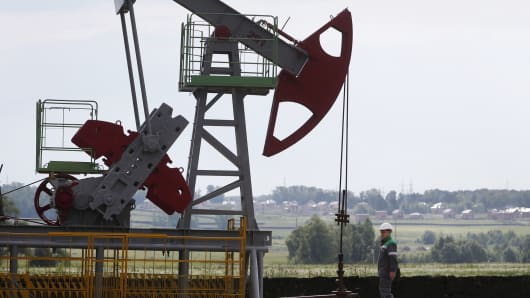The continuing decline in oil prices, to levels not seen for more than ten years, has been a major reason for investor nerves and market volatility in recent weeks. Sentiment has always been a major driver of stock prices and this is also true when assessing the impact of a lower oil price on environmental markets.
This is a complex picture and a sizeable knowledge gap has created a significant mismatch between sentiment and reality. For example, it is worth highlighting that far from being the death knell for the sector that some commentators predicted, many listed renewables companies proved resilient and among the strongest performers in our environmental strategy in 2015.
Slowing global GDP growth and improving energy efficiency are slowing the demand for oil. But supply side issues currently dominate. OPEC has decided that it will maintain high levels of production and capacity in Iran, and Libya is coming back on-line. Such high inventories have the potential to overwhelm storage capacity and lead to further price fall. Production from the U.S. shale industry is likely to decline this year - but not as much, or as quickly - as the OPEC producers would like to see.





